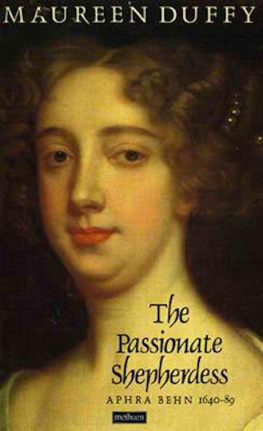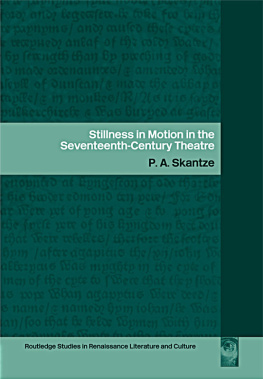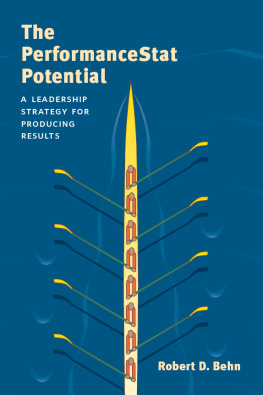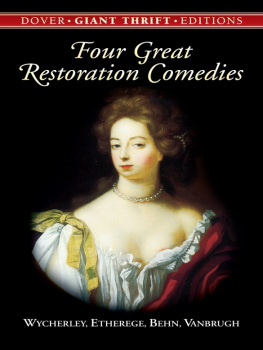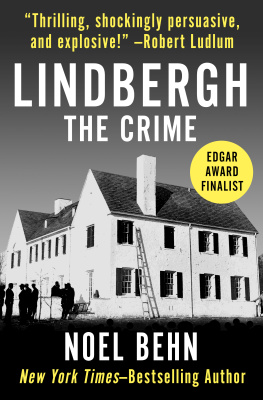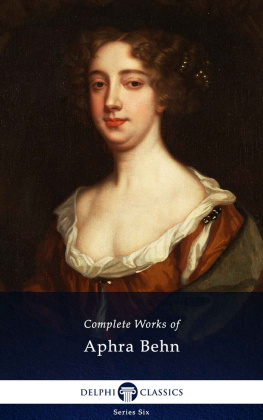An early report from Aphra Behn the spy. She has made contact with Scot, who wants her to meet him at The Hague, and with Sir Antony Desmarces. She is already suffering from a lack of money because of the poor rate of exchange.
The name Orinooko should read Oroonoko throughout.
The difficulties which face a would-be biographer of Aphra Behn are daunting. I have, I believe, uncovered and extracted a great deal of new material, yet even so the reader may well feel cheated at the end by the sheer lack of the kind of intimate detail which biographies of more modern subjects, or more portentous ones, have led us to expect. Apart from her published work, there are only some twenty-odd assorted documents relating to or by her (which include all her extant letters) to cover a life of nearly fifty years, and even some of those have been through other hands and must therefore be biographically suspect. Where there is an authentic autograph letter, it speaks out so distinctively that the loss of the rest of what must have been an enormous correspondence is made even more bitter. If she had been a monarch or a member of a powerful family more might have survived. As it is we have about as much as for most of her literary contemporaries like Otway and Congreve but much less than for Rochester or Dryden.
However, the biographers job isnt to complain but to make the best of what there is, and in the case of Aphra Behn there is a very great deal indeed in the enormous body of her published work. As with so many artists, her work was her life. Fortunately she embodied in it many of those things that concerned her most. Brought up in the post-Romantic tradition we may tend to think that private agony or ecstasy is all that matters to an artist, but there are dozens of examples in English literature alone, from Langland to Byron, that contradict this and in the seventeenth century literature was passionately public and political. Aphra Behn does reveal her private emotional life in her work, particularly in her poems, but she also reveals her political and intellectual life which has been either misunderstood or neglected by posterity except for some vague idea that she was a Tory.
This neglect isnt the fault of her two most important biographers, Montague Summers and George Woodcock, who in their different ways did their best to correct the false impression of her as a kind of literary harlot which nevertheless still persists. The edition of the Westminster Abbey Registers of 1875 in its note on her burial entry epitomizes this attitude. Of her social position and literary abilities it is unnecessary to speak. She has taken a certain place in history and seems likely to keep it. It must, however, always be a reflection upon the judgement and good taste of Bishop Sprat, then Dean of Westminster, first, that he permitted her interment in the Abbey ground at all, and, secondly that he gave his assent to the extravagant doggerel cut upon her gravestone. Maurice Ashley, in his EnglandintheSeventeenthCentury, gives the modern version: In conclusion we should doff our hats to a lady who demands a passing reference. Mrs Aphra Behn, who also tried her hand at spying and compiling plays, was perhaps the first English novelist, a somewhat thin and feeble shadow of her French contemporaries who regaled the Court of King Louis XIV with their long romances. Her Orinooko, set in Surinam, is said to be the great-grandmother of all the modern horrors that bespangle our bookstalls.
To ask, then, as I do, that her work and life should be given serious consideration is almost as outrageous as her work and life have themselves long been considered. In reviewing her for a new generation which I think may now be ready to give her that consideration, I have been determined to be as unfictional and unemphatic as possible, given the sensational nature of many aspects of her life.
I have been helped by many people and to them I must now make my acknowledgments. The Arts Council gave me the vital assistance of a grant while the Public Record Office, the London Library, the Victoria and Albert Museum, the British Library, the Kensington and Chelsea Public Library and the Society of Genealogists all gave me the assistance of their invaluable collections. Miss Oakley and her staff at the Canterbury Record Office and Miss Revell at the Kent Record Office in Maidstone were particularly helpful in local enquiries and I am also grateful to the Reverend Cyril Monk who allowed me to inspect the Harbledown registers in St Michaels church. Miss Anderson of the Royal Commission on Historical Manuscripts answered several queries for me and Miss Morcom of the Staffordshire Record Office was immensely helpful in matters relating to the Gower family and in xeroxing documents. The Record Offices of Cumbria, Gloucestershire, Leicestershire and Lincolnshire also patiently answered my queries as did Mr Francis Steer, Archivist and Librarian to his Grace the Duke of Norfolk, and Major S. Codrington. The University of Nottingham supplied photostats from their collection of the Portland MS. All Souls, New College and the Bodleian Library, Oxford, were all helpful, and Brigadier Peter Young kindly gave me the benefit of his Civil War records. The vicars of Wye, Sturry, Halling, Westbere and Throwley, all in Kent, answered queries about their parish registers. Mr Richard Jeffree and Mr Christopher White of the Mellon Foundation gave me valuable assistance on the portraits of Aphra Behn and Mr John Harris supplied useful bibliographical advice. I am particularly grateful to Miss E. Evans of the National Portrait Gallery for her continuing help in tracing portraits of Aphra Behn.
I should like to thank the following for permission to reproduce illustrations: Mr Arthur Schlechter, for plate 1; the owner, the Earl of Haddington, the Scottish National Portrait Gallery, to whom the painting is on loan, and Tom Scott, who took the photograph, for plate 8; and the Controller of H.M. Stationery Office, for figures 3, 4 and 5 and the endpapers, which are Crown-copyright records in the Public Record Office.
Abroad I am indebted to Mr Douglas of the Surinam Museum and Miss Thea Doelwyt in Surinam; in the United States, to Dr Helen Yalof, the Huntingdon Library, California, the South Carolina Department of Archives and History, and especially, for plate 4, to the John Carter Brown Library; and to the National Library of Ireland. My enquiries in Holland were all abortive but all the same I must thank the following institutions who kindly answered them: Algemeen Rijksarchief, Universiteits-Bibliotheck Amsterdam, Rijksuniversiteit Leiden, the Koninklijke Bibliotheck Den Haag and the Familiearchieven, Utrecht.
Above all I must thank Michael Levey who found for me the edition of Aphra Behns works edited by Montague Summers without which this book could truly not have been written, and Mrs Grace Ginnis who so faithfully typed it.
1976
M.D.
Literary survival is largely a matter of fashion and chance. No greater gods preside over it and we deceive ourselves if we think they do, that we have a just appraisal of what is excellent and worth preserving from the millions of words ever written. The work of a single writer, of a school or of a whole era can be dismissed to the dustheap where broken reputations lie about like discarded toys. If anyone disputes this I should remind him of just one instance: the resurrection job T. S. Eliot and others had to do on the metaphysicals, and in particular on one of the greatest of English writers, John Donne, earlier this century.

